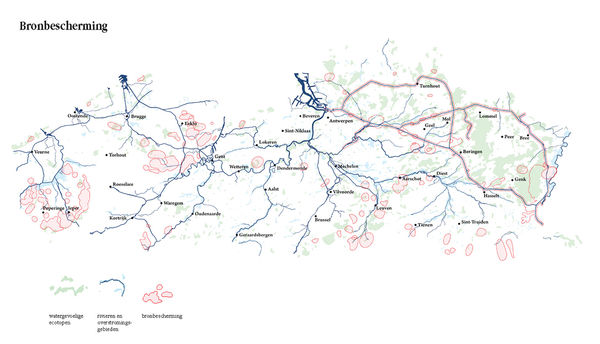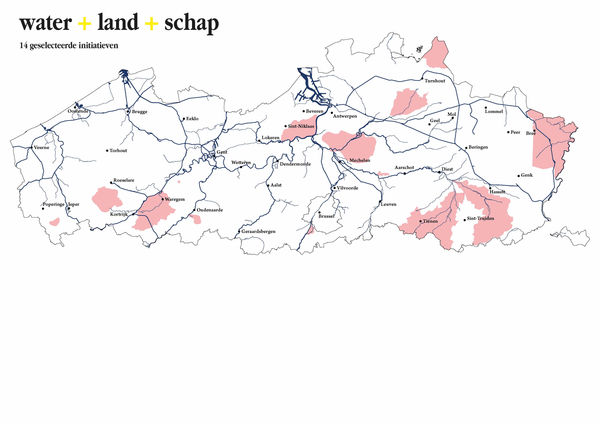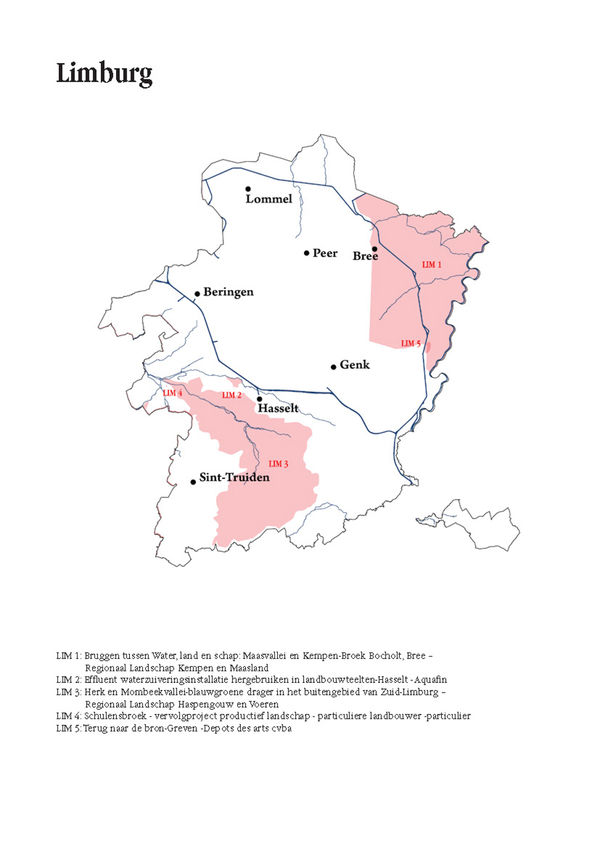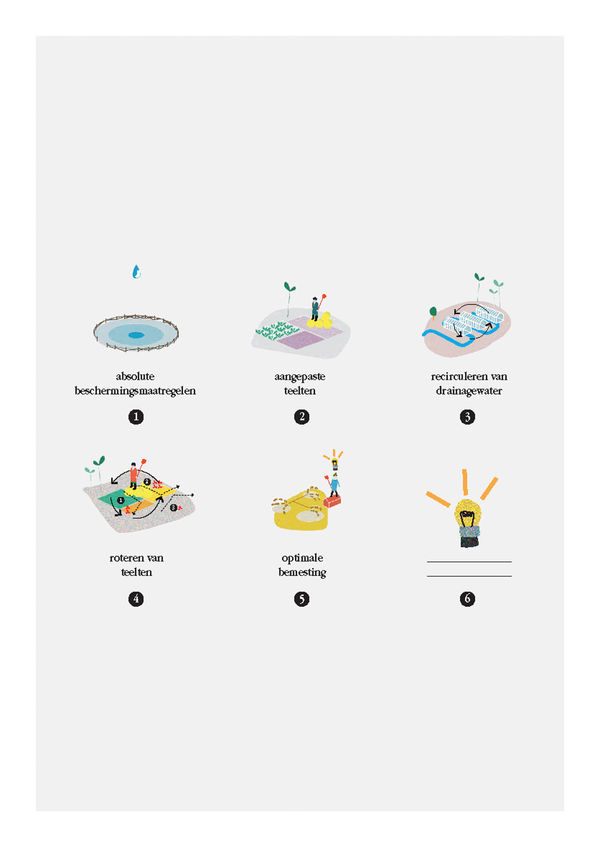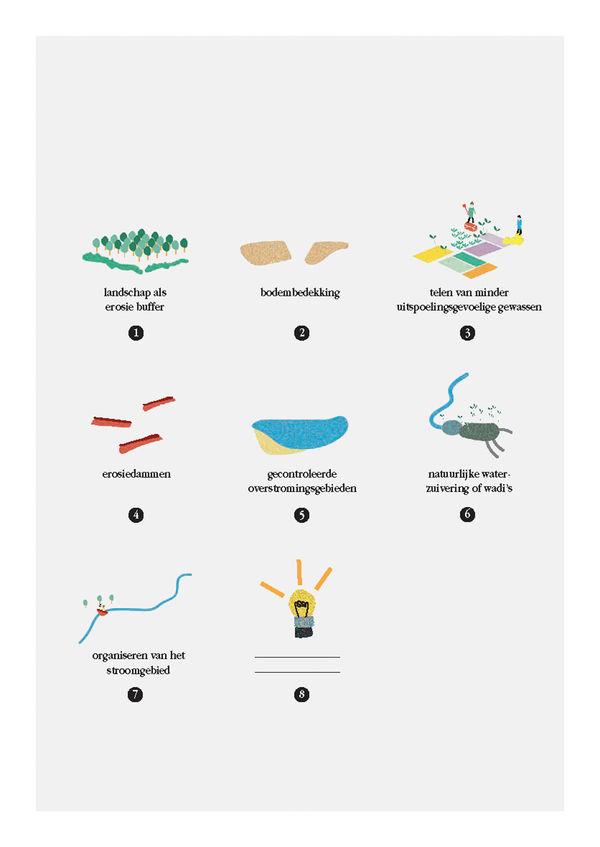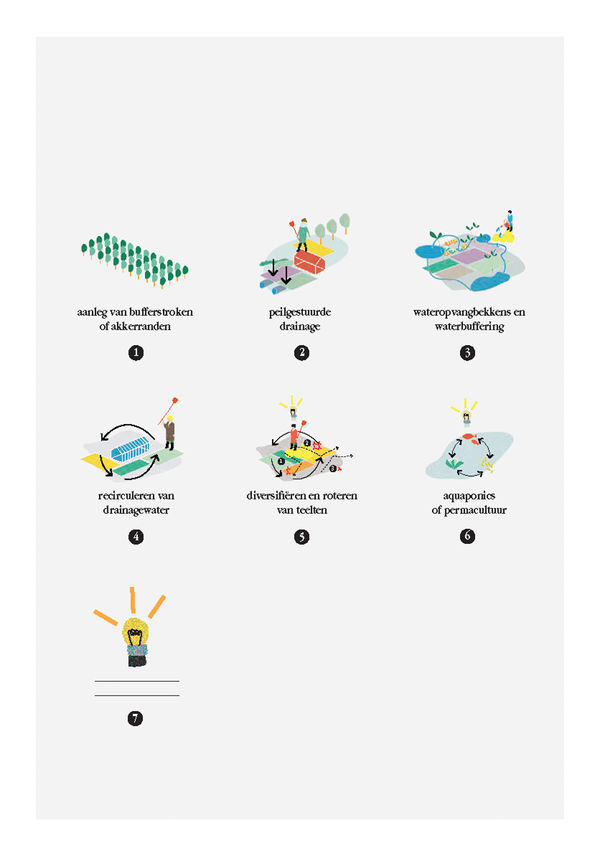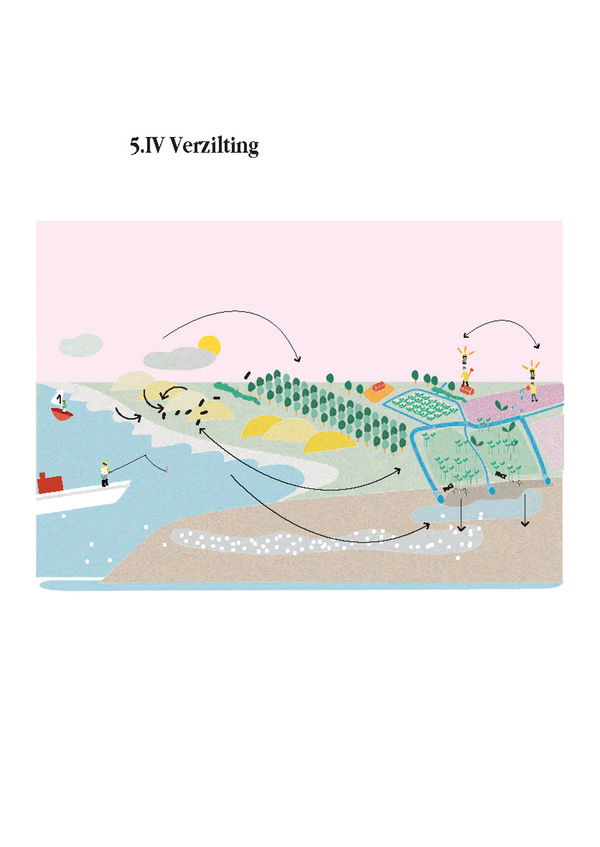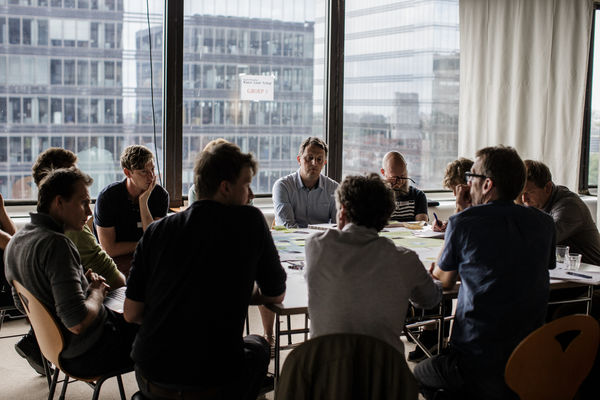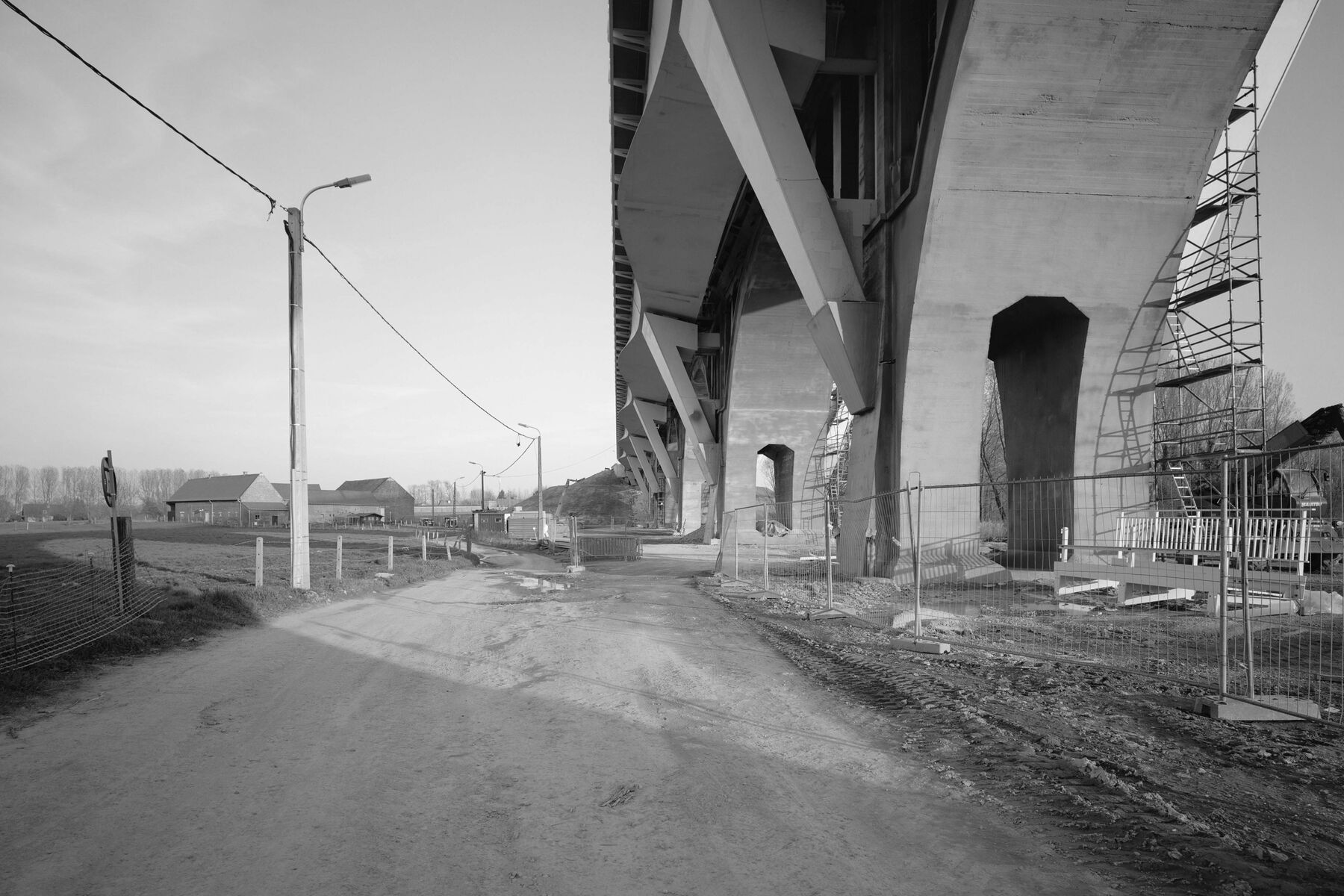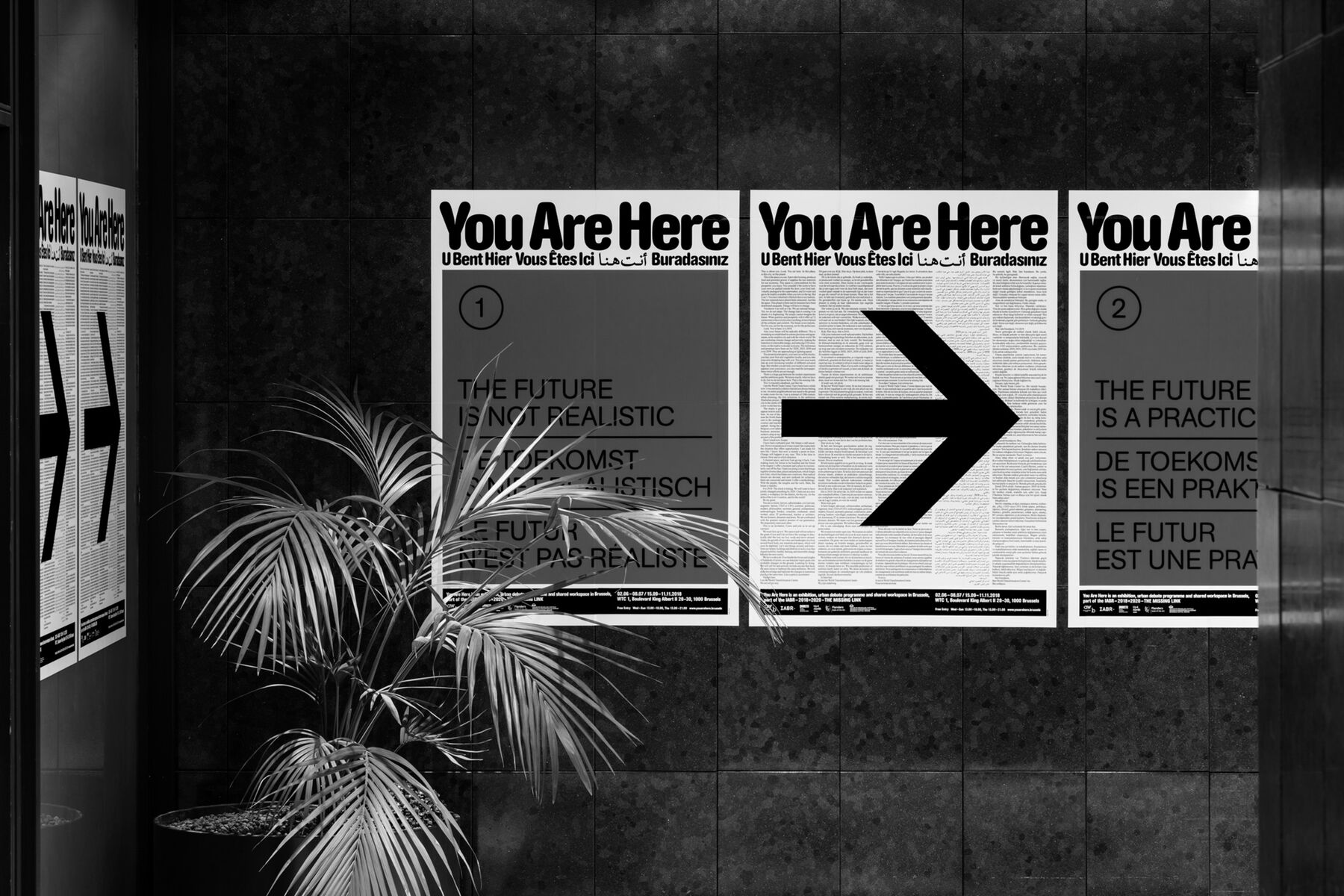We are increasingly confronted with floods and long periods of drought due to climate change. Agriculture is already suffering greatly from this. Actions in the field are urgently needed. That is why, in 2017, the Open Space Platform partners launched a call for the Water + Land + Scape program. The program aims to map the urgent needs for water management in agricultural areas and, together with farmers, water managers, landowners, nature associations and local authorities, find suitable solutions that entail a win-win for healthy agriculture, a sustainable water system and a robust landscape.
The call resulted in more than forty proposals for initiatives to tackle very specific, water-related problems. We have selected fourteen projects from this. The Flemish Ministers for Environment, Nature and Agriculture Joke Schauvliege and Koen Van den Heuvel have allocated a budget of 818,500 Euro for the first series of demonstration projects. The grants allow local partners to test new solutions for water management in a changing climate in cooperation with farmers and landowners. The kick-off is in 2020. Some projects will continue for of up to ten years.
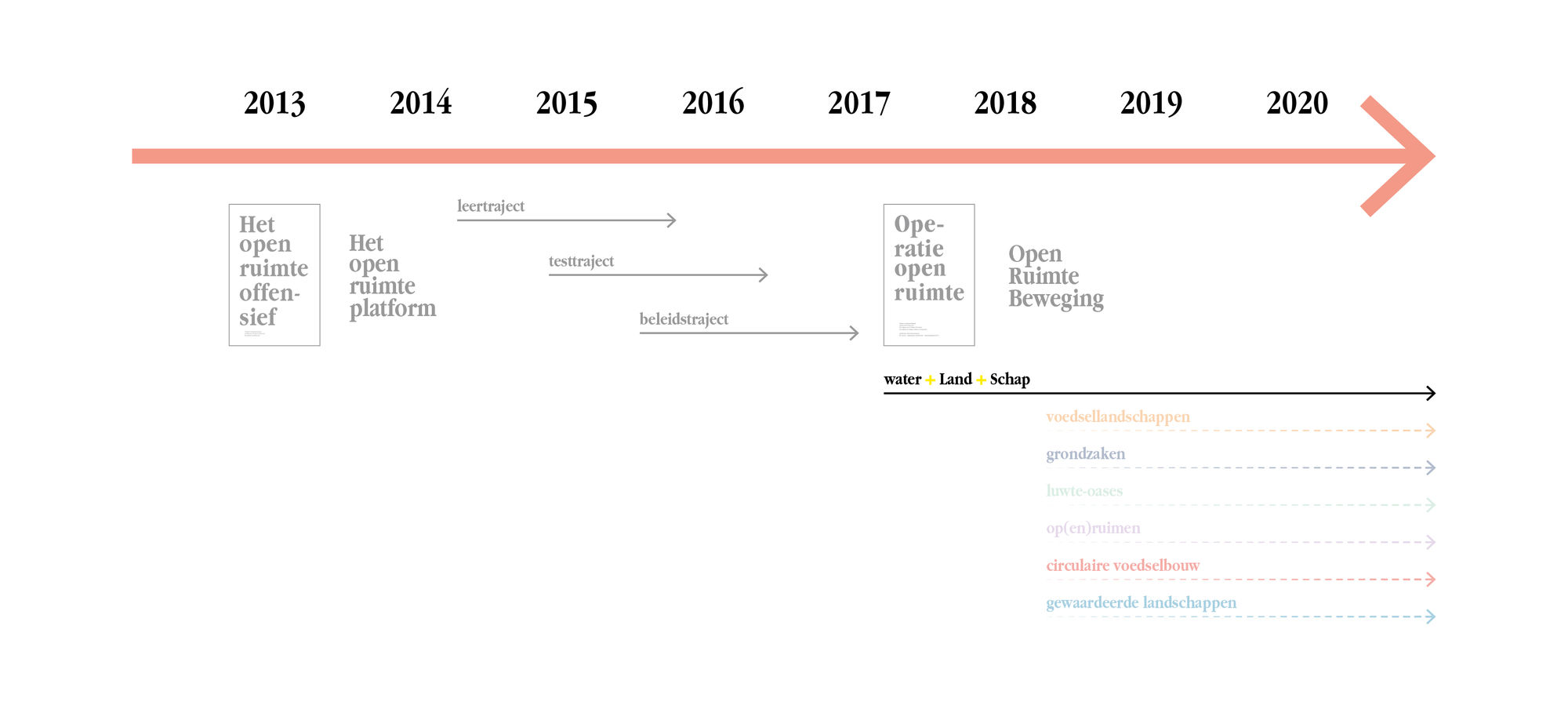
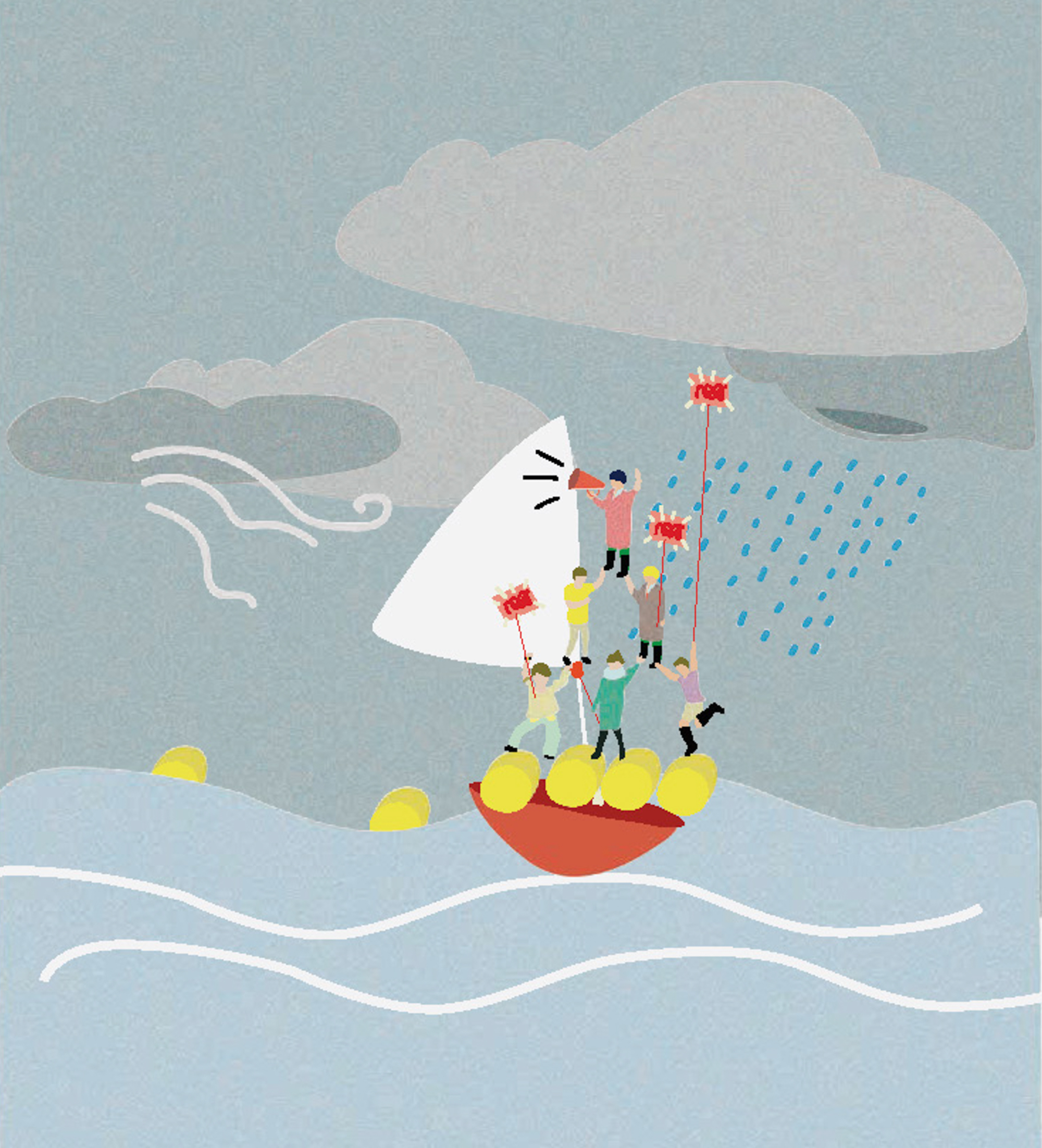
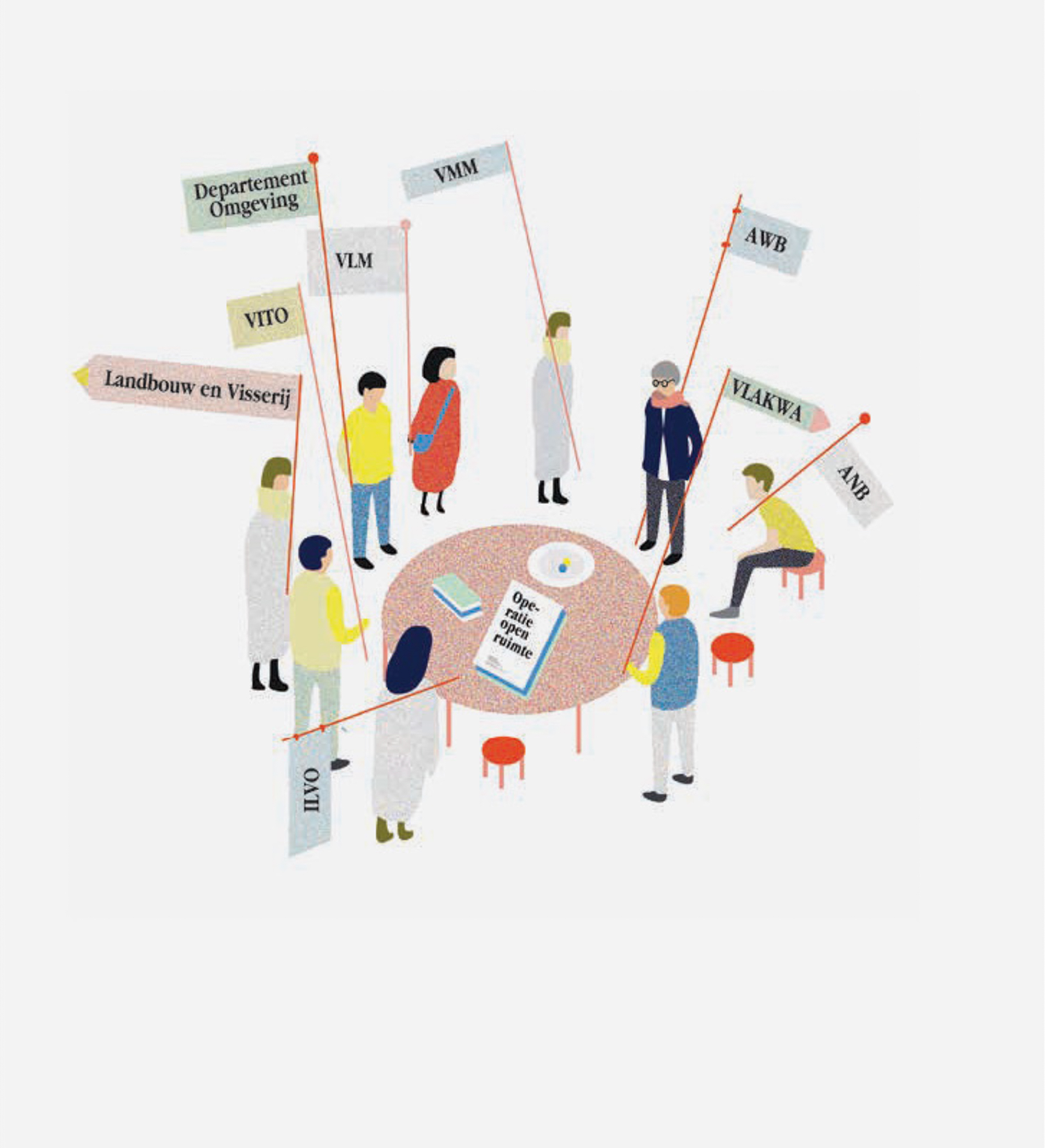
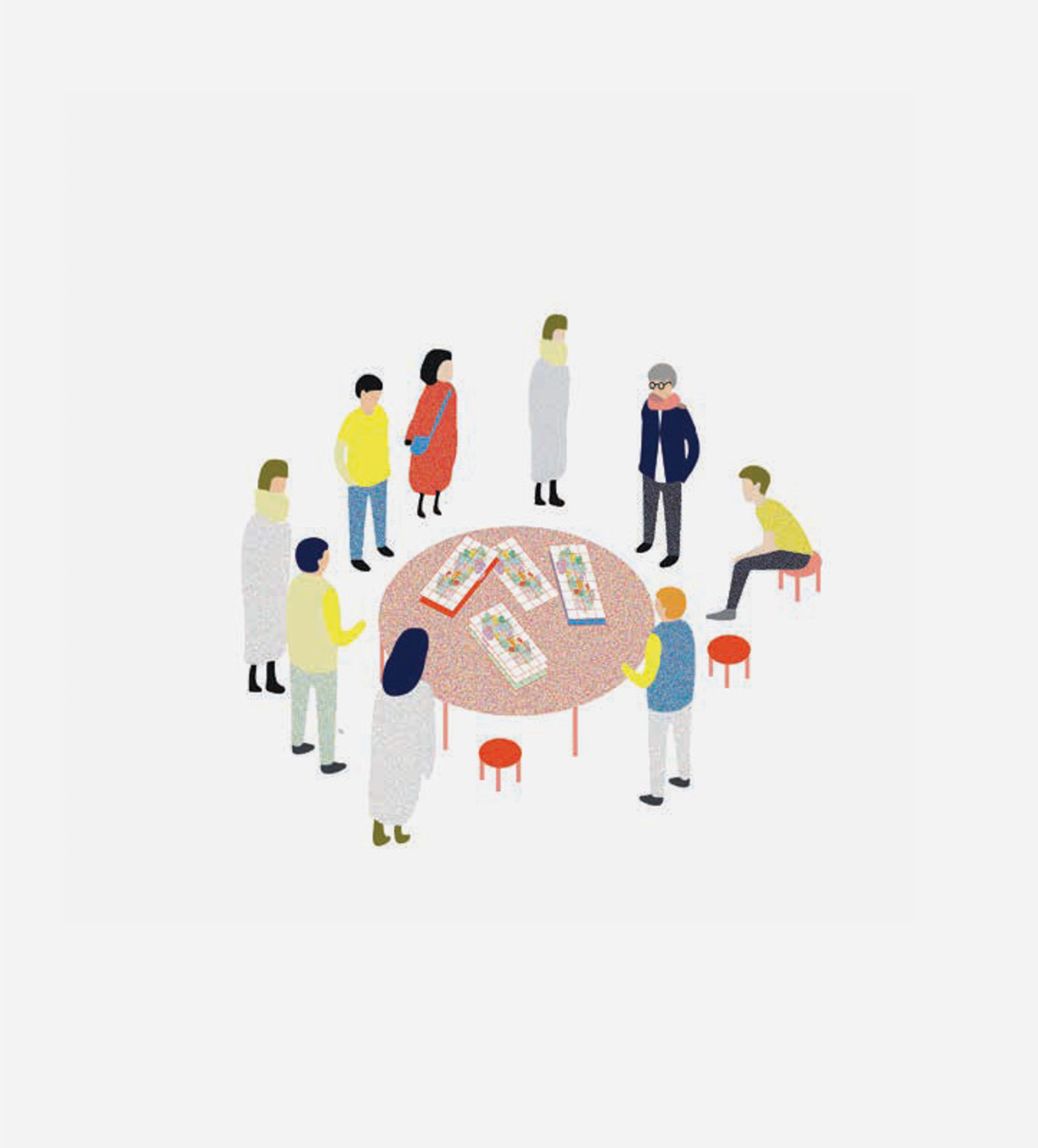
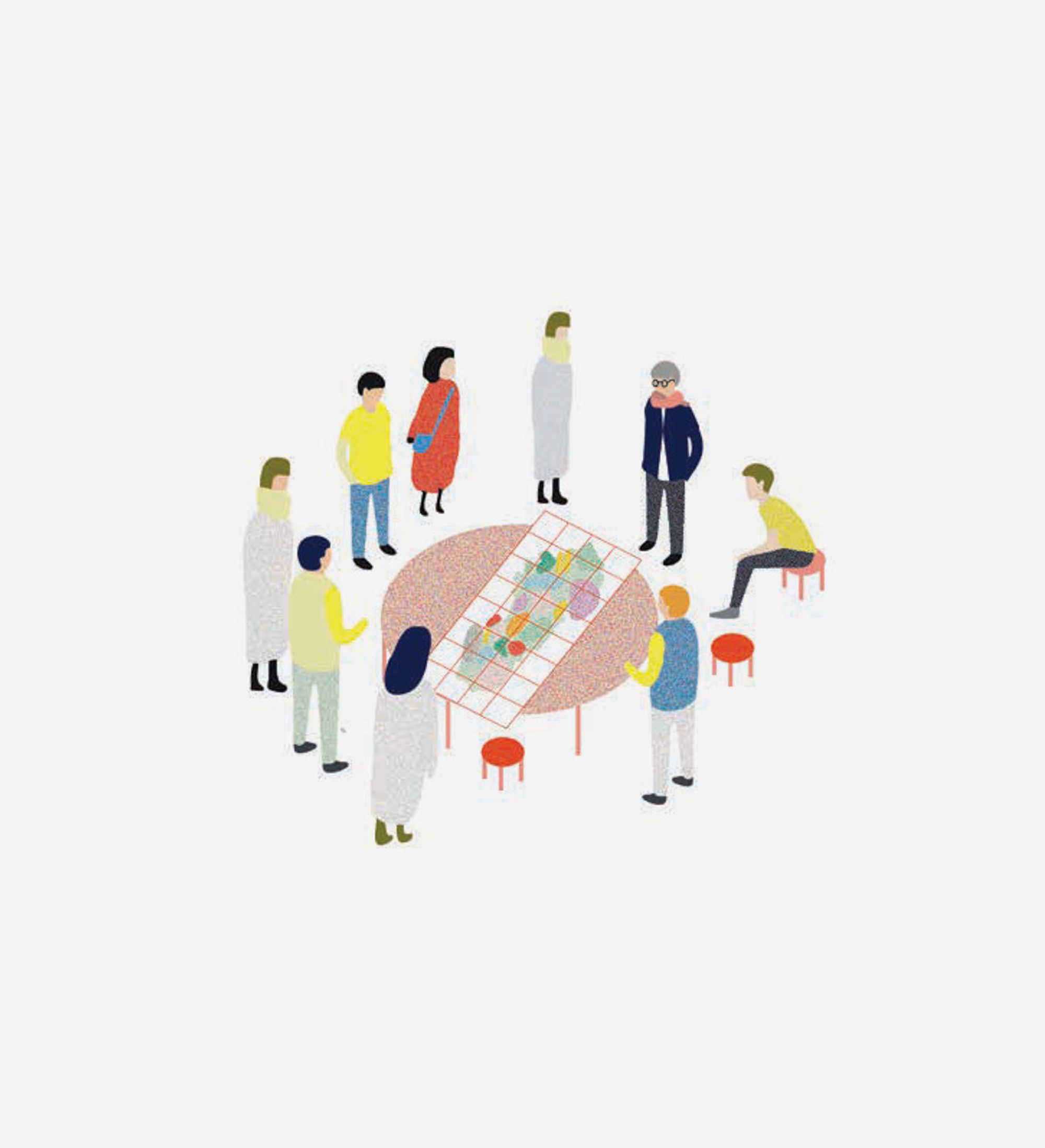
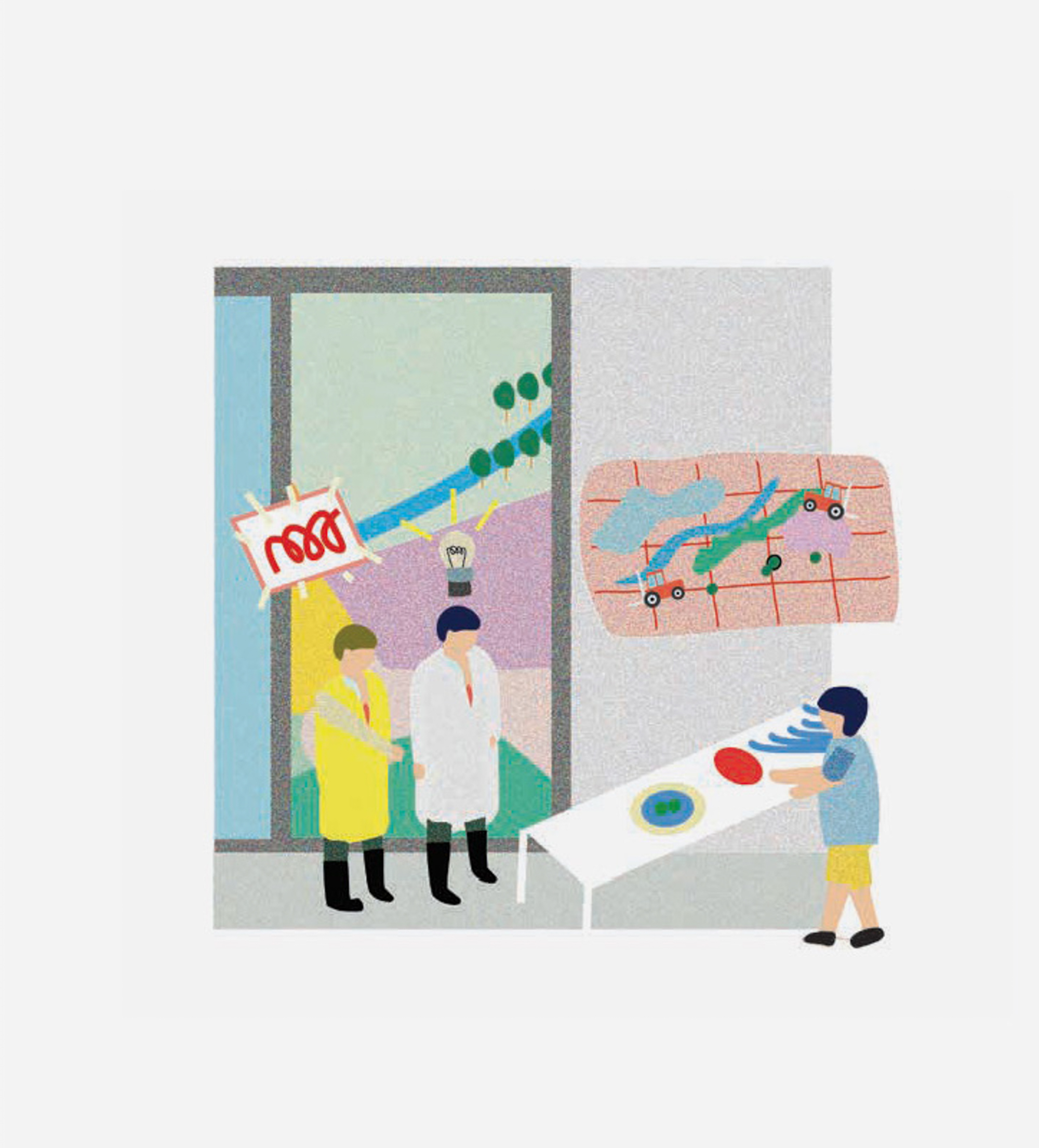
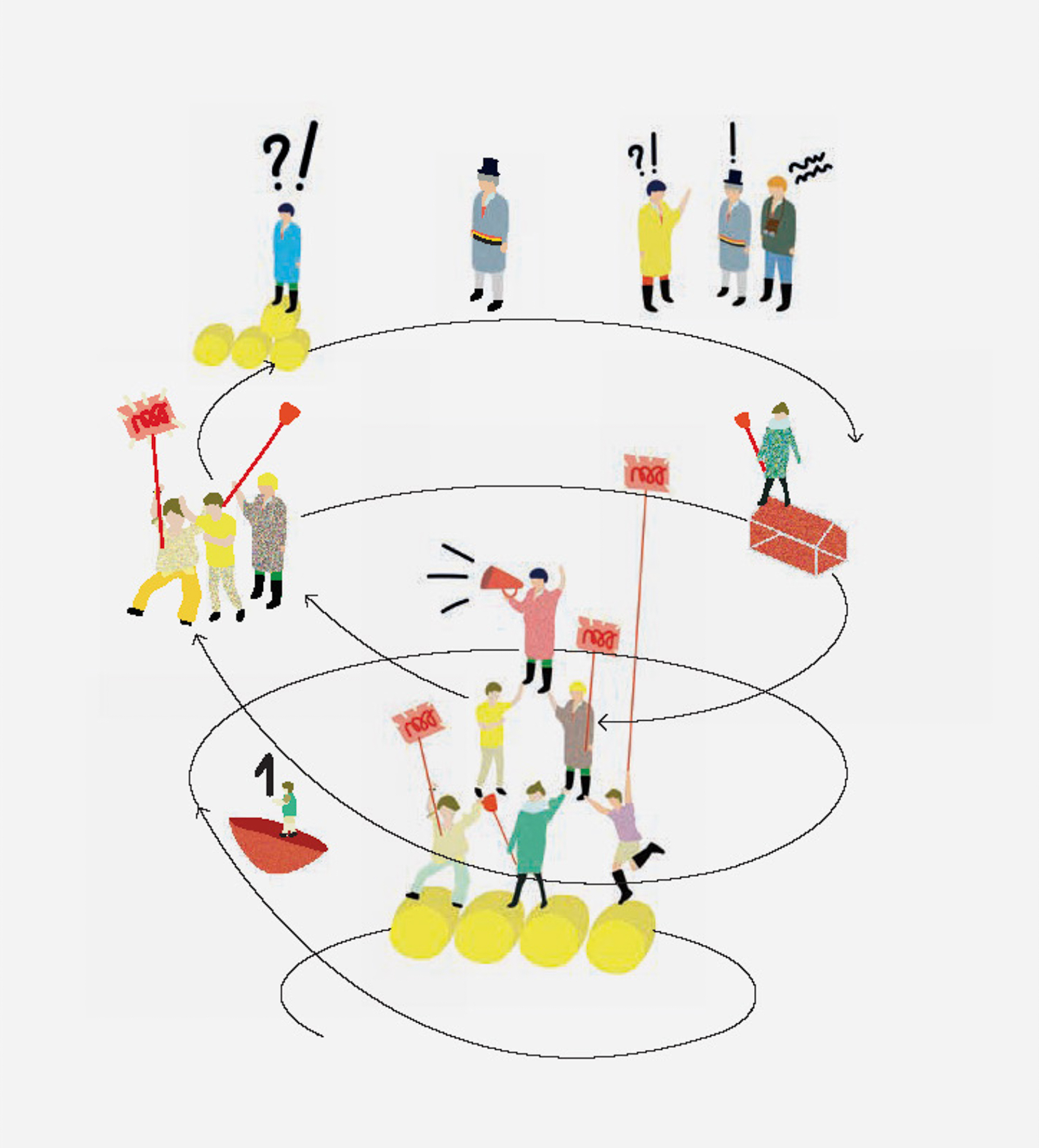
With the Water + Land + Scape program, we strive to multiply concrete achievements in the field. In cooperation with Flemish departments, knowledge institutes and local actors, we want to learn by doing and come up with realistic solutions. We are tackling many places simultaneously. We approach design issues from a systemic perspective. We not only work integrally (what are all the elements that we have to take into account?), but also work in an integrated way (how does everything come together spatially?). The challenge is to find a balance between pragmatic transformations in the short term, and ambitious climate adaptive projects in the long term. The program embraces complexity and bundles three major issues:
Water
The water issue is one of the biggest and most complex challenges for the future. The climate scenarios for Flanders predict an increase in the volume of precipitation, especially in winter months. The summer months, on the other hand, have to deal with ever longer periods of drought. That evolution is already measurable. The result is flooding, both from urban and rural areas, water and soil pollution, a decrease in the groundwater level, mortality of fauna and flora due to water shortage, and, in some places such as in the polders, salinization of surface water and soil. Floods, water scarcity and water pollution have a huge socio-economic impact. How can we guard against this in the longer term?
Agriculture
Agriculture was perhaps the first and hardest hit by all those changes. Water is a necessary raw material for agriculture, but at the same time, current agriculture is often also partly responsible, among other things due to the dominance of livestock farming and the use of fertilizer and pesticides, for the poor water quality. But it doesn't have to be this way. After all, farmers are the last indispensable guardians of open space and suppliers of the many ecosystems that keep our living environment in balance. In the Water + Land + Scape program, we aim for solution-oriented measures that we test against the commercial reality of farmers.
(Land)scape
By landscape we do not mean the ‘picturesque picture’ but the spatial-systemic component that brings together water, agriculture, nature, heritage and urbanism. As part of the Eurodelta of Meuse, Scheldt and Rhine, Flanders is one of the most fertile areas in the world. The finely branched river landscape connects a diverse agricultural area with important natural biotopes and is a dynamic environment that has been meeting the needs of its residents for centuries: fertile grounds for vital food production, rich biodiversity and nature, water buffering and drinking water supply, a flourishing sustainable economy, transport, energy production, etc. In other words, the water system was and is guiding other developments. The Water + Land + Scape program aims to achieve integrated transformations based on a combination of landscape design capacity with technical expertise concerning water, agriculture and nature.
Water-Scape
Such a complex program can only succeed if there is intense interaction between different knowledge domains, local actors and Flemish authorities and services. The fourteen coalitions are not stand-alone projects that operate independently of each other. Quite the opposite, the intention is for each of the projects to learn from what is happening in the other projects. Collectively, all these projects set an example for the way in which we as a society can arm ourselves against future climatic challenges. We want to translate and disclose the acquired knowledge and experience sufficiently accessible, so that comparable coalitions can build on this to the maximum. The fourteen projects are the seeds of a much broader multiplication battle encompassing the entire Flemish territory.
The Water + Land + Scape program team consists of the Flemish Land Agency (VLM), Architecture Workroom Brussels, the Flemish Environment Agency (VMM), the Institute for Agricultural, Fisheries and Food Research (ILVO), the Department of Agriculture and Fisheries, the Environmental Department, the Agency for Nature and Forests (ANB), the Flemish Institute for Technological Research (VITO) and the Flemish Water Knowledge Center (VLAKWA).
The fourteen projects together bundle the field knowledge and expertise of a huge number of local actors spread throughout Flanders. 5 provinces, 26 provincial services, 41 municipalities, 8 Natuurpunt departments, 9 Regional Landscapes, 4 Experimental Centres for Agriculture, 3 Water companies, 1 Watering and some civil movements are participating.
The substantive support for the land development projects is in the hands of a team consisting of the Architecture Workroom Brussels think and do tank, landscape designers Bosch-Slabbers and LAMA landscape architects, and ILVO and VITO research institutions.
